How Oversaving and Underearning Can Affect Your Business

Have you ever considered how your personal money behaviors affect your business? Oversaving and underearning can have drastic effects on your personal finances, but they can also affect your business.
If you are a solopreneur or small business owner, it’s important to consider the ways these behaviors might transfer into how you interact with your business finances. Let’s take a look at some possible ways your business can be affected, and what you can do about it:
Restriction
Underearning and oversaving can deeply limit your business from growing. Both can limit the amount of cash on hand to work with, which on its own can have challenging effects on a business.
With both underearning and oversaving there is often a deep sense of financial anxiety. This anxiety can bring an edge of fear into the way you handle your business. This fear can be deeply restricting, and limit what you feel comfortable doing in your business, while also taking a toll on your mental health. If you identify with this, I encourage you to read my piece on reducing money stress in your business and my article on working with affirmations to influence your mindset.
Missed Opportunities
The restriction and anxiety that come along with underearning and oversaving can cause you to miss key opportunities in your business. Web designer and business mentor Yarrow Magdalena often talks about how perfectionism could be costing you money, and my observation is that the same anxiety underlying perfectionism often dovetails with anxious financial patterns. When we block ourselves from trying something new, taking a chance, or accepting a new project in our business, we can miss valuable opportunities to grow and find success.
One key to overcoming these behaviors can be to think about the opportunities that spending can help you open up to. In my interview with digital marketing consultant Tracey Lee Davis of ZingPop Social Media, she shared that the way she makes spending decisions in her business is by considering the question “Will this investment ultimately save me time in the long run or make my life easier in some way?” She reported that making changes in her business by hiring a bookkeeper, VA, and CPA have all made a huge difference in her business because they’ve freed her up to do client work. This type of investment also gives business owners time to work on their businesses, not just in them. This can create space for strategic decision making and more opportunities for growth, change, and fulfillment in your work life.
Embrace the Flow
I’d like to share my own personal experiences with oversaving and underearning. My childhood consisted of a fair amount of financial instability, so anxiety around money became something that felt natural to carry around. I would often feel guilty spending money on things that felt “frivolous,” but through the years with all my work around finances, I have been able to neutralize those fears.
I noticed this one day when booking a massage with Liz Di Guilio of Myomotive (who I highly recommend if you are in the San Jose Area). I realized that instead of feeling guilty and scared because I was spending money, I was thinking, “I’m grateful to be able to support this business owner.”
This thought immediately brought me back to Lynne Twist’s book Soul of Money and the ideas she shares about embracing the flow of money. If you’re curious about her ideas, read my book review here! Embracing the flow can be a great antidote to the fear and insecurity that mark oversaving and underearning.
If you enjoyed this blog post, you’ll probably really like my free e-Book, 9 Secrets for Financial Self Care. Click here or below to grab your copy today.


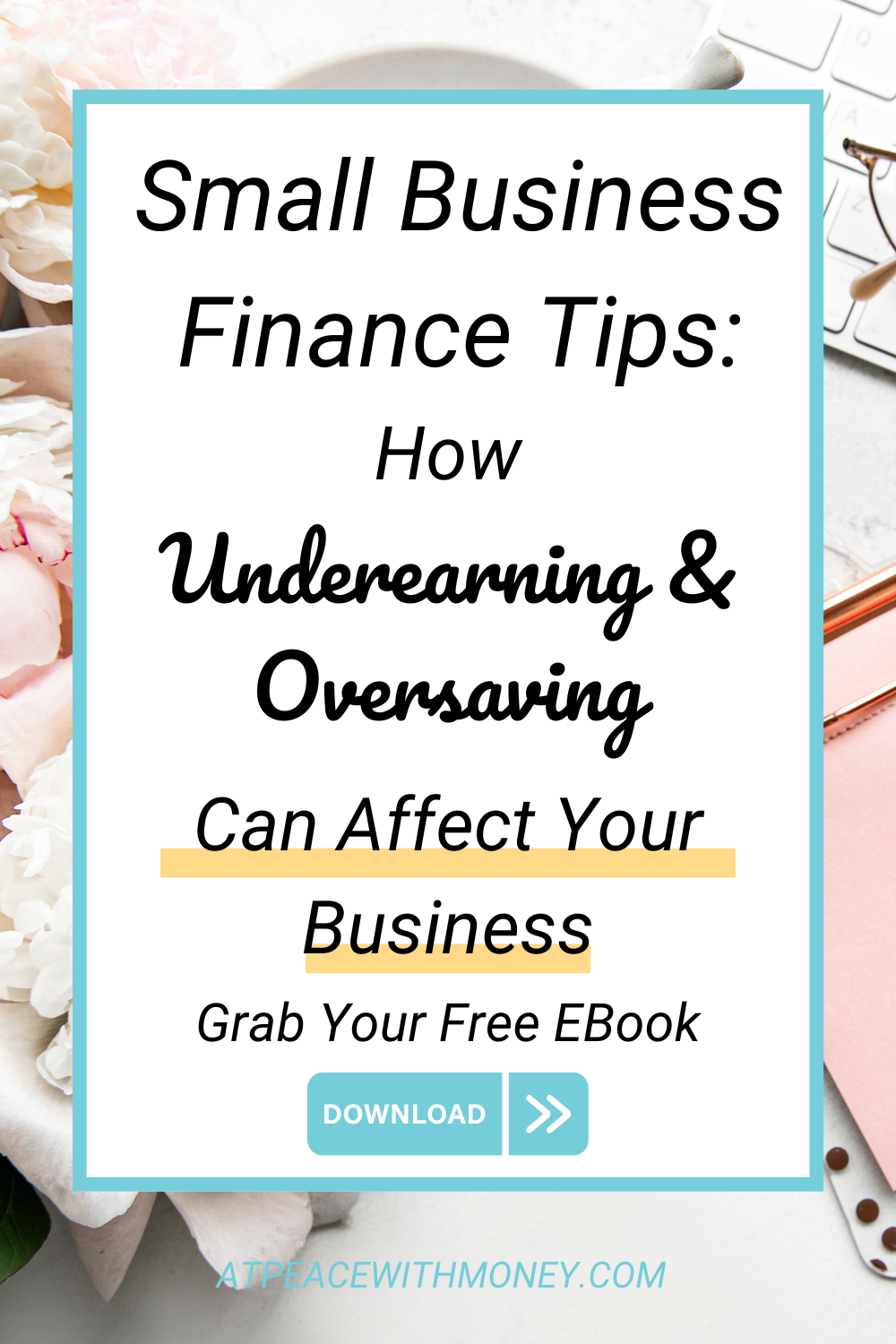
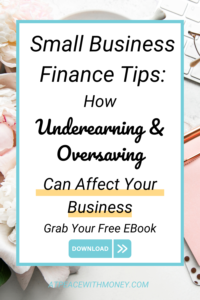


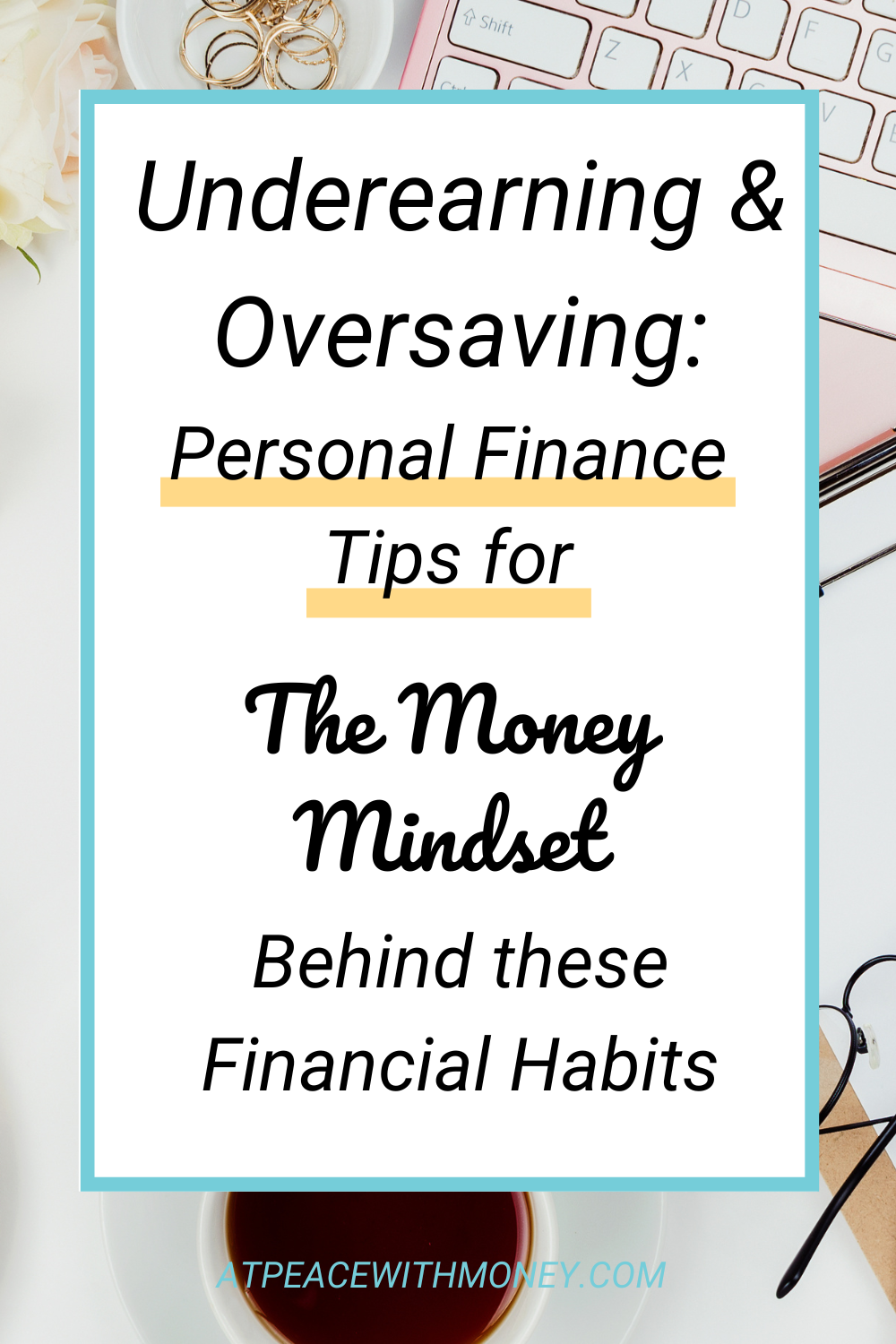



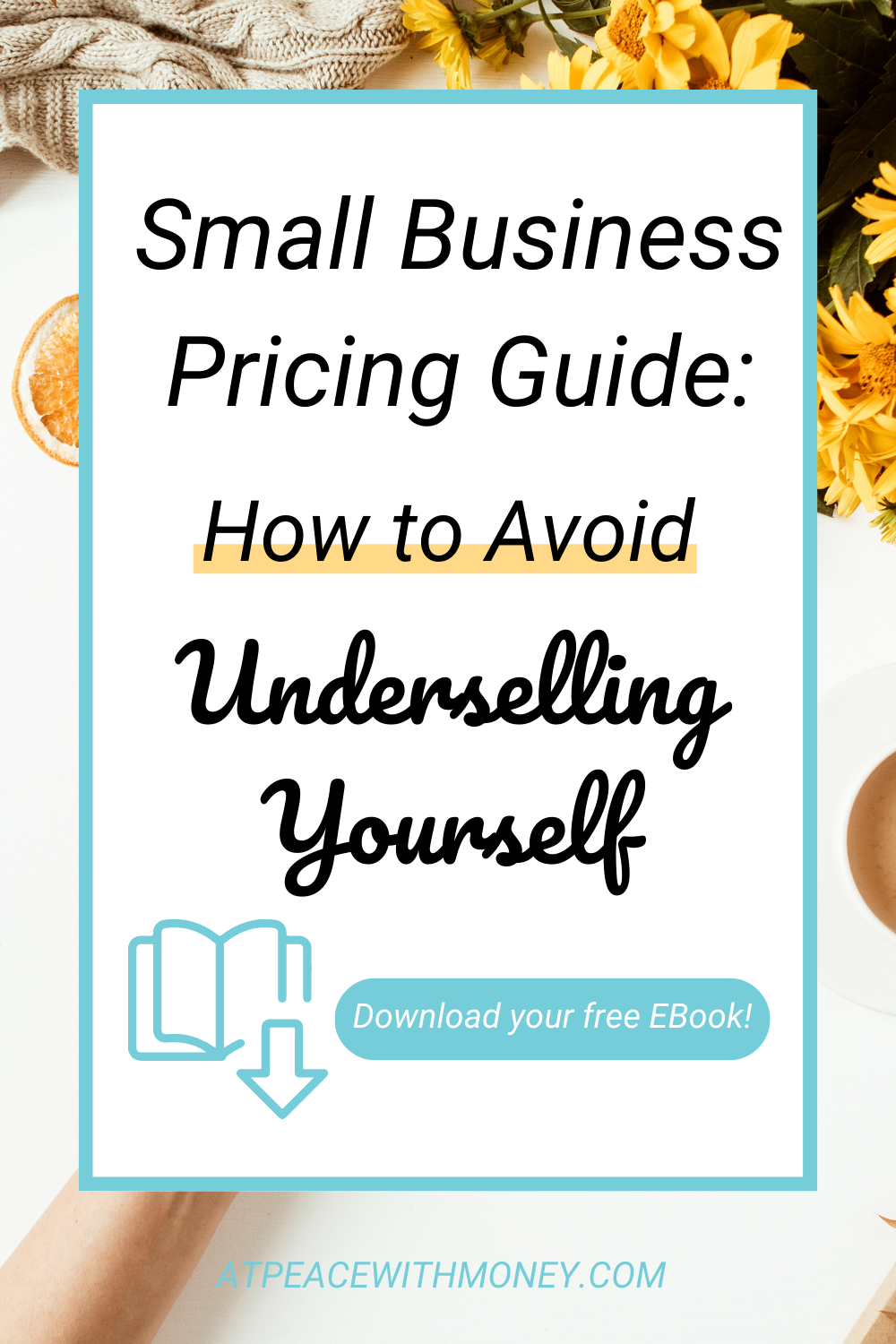





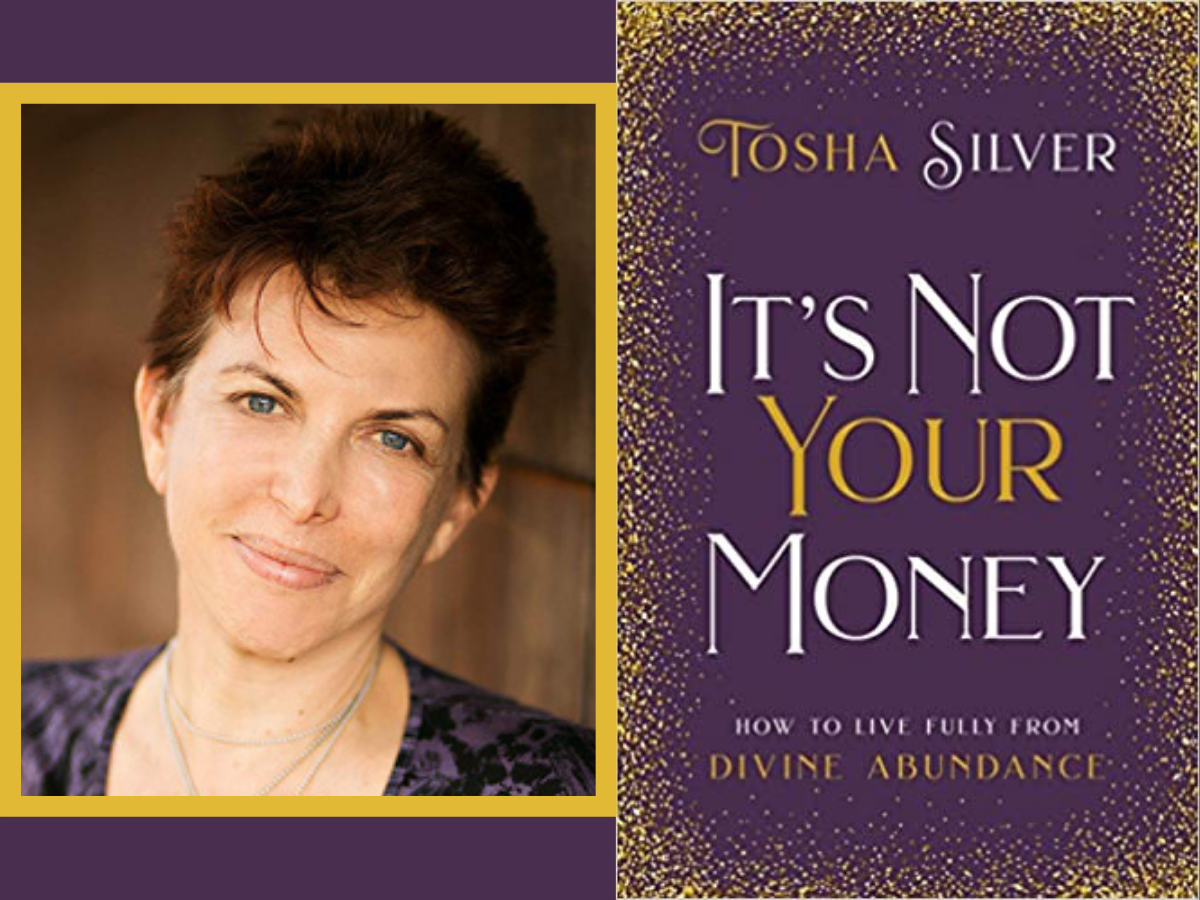
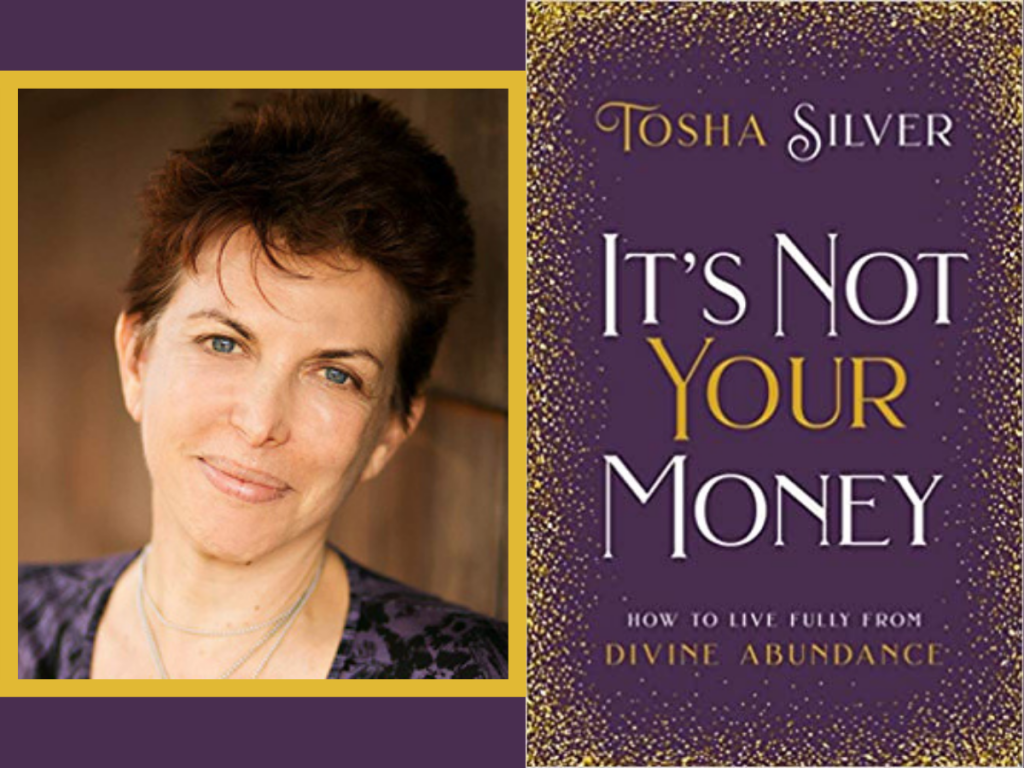












 The Butterfly Effect dictates that small events have a rippling effect that can cause much larger events to occur. While you may feel that your contribution to the world is small, what you do ripples out. I love this quote from author and activist Grace Lee Boggs, who says, “We never know how our small activities will affect others through the invisible fabric of our connectedness. In this exquisitely connected world, it’s never a question of ‘critical mass.’ It is always about critical connections.”
The Butterfly Effect dictates that small events have a rippling effect that can cause much larger events to occur. While you may feel that your contribution to the world is small, what you do ripples out. I love this quote from author and activist Grace Lee Boggs, who says, “We never know how our small activities will affect others through the invisible fabric of our connectedness. In this exquisitely connected world, it’s never a question of ‘critical mass.’ It is always about critical connections.”


 If you’ve already priced your products and wound up in a similar situation to the woman above, you can still double back and figure out your true income targets and prices. The real challenge comes in actually implementing a rate change. Before you do this, it can be helpful to
If you’ve already priced your products and wound up in a similar situation to the woman above, you can still double back and figure out your true income targets and prices. The real challenge comes in actually implementing a rate change. Before you do this, it can be helpful to 



